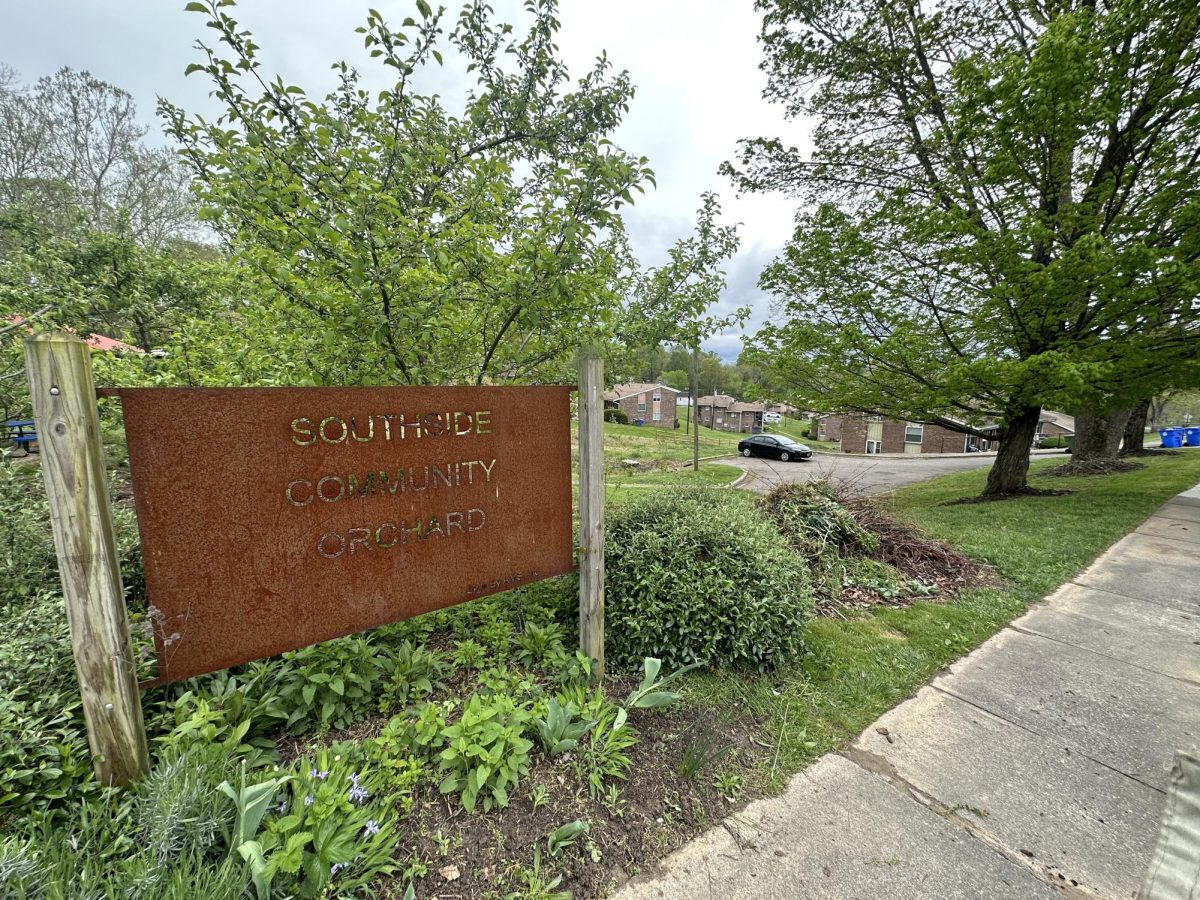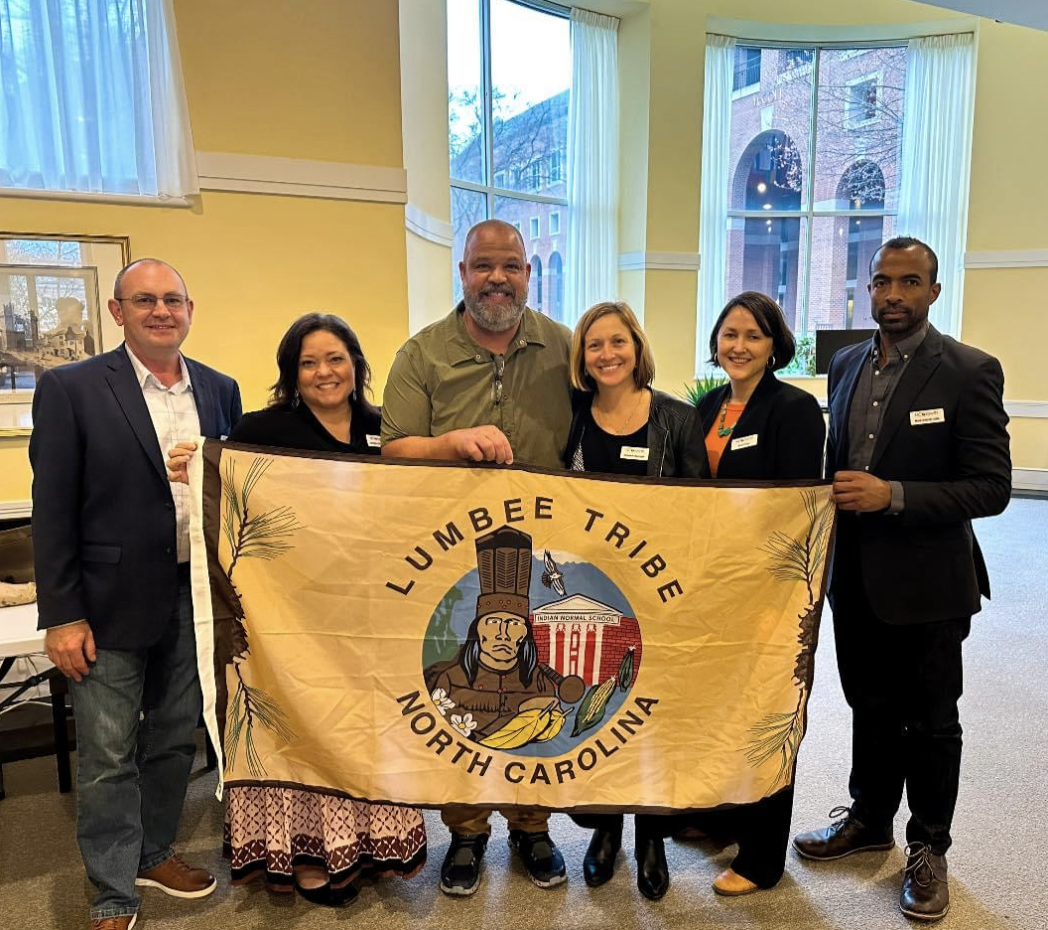By Brian Vu – [email protected] – Contributor
First-generation students have a harder time in school compared to students whose parents have college experience, according to research by the National Center for Education Statistics.
“It may be harder to transition into a school as a minority, especially at a predominantly white institution,” Dahlia Hylton, assistant director of the Intercultural Center at UNC Asheville, said. “This is why intercultural centers exist.”
Hylton, who received a doctorate of philosophy from Auburn University, also organizes the Connections Peer Mentoring Program. The program helps first-year and multicultural students adjust to college, according to UNCA statistics.
“When nobody from your family has been to college, they don’t understand how to help you,” Shelley Ann Watson, a 22-year-old first-generation student at UNCA, said.
First-generation students earn fewer credits, withdraw from more classes and have a lower GPA than other students, according to NCES statistics.
“My motivator is to get a better job and do things with my life,” Watson said.
Watson, an out-of-state student, said she works two jobs so she can afford to attend college.
“My parents don’t really understand the whole money issue. It’s like a completely foreign thing,” Watson said.
Watson, a fifth-year student at UNCA, is one of the few first-generation students who continued with school. Many students like her never finish their bachelor’s degree, according to the NCES report on first-generation students
Students who enroll in college from lower-income families experience another degree of isolation compared to students from middle-class and wealthier families, according to Amanda Harzula, a first-generation student at UNCA. The lack of familiarity is a factor in the transition, she said.
“It would have been helpful if someone had reached out to me,” Harzula said.
Harzula interns at Safe Zone, an organization at UNCA that promotes awareness of LGBTQ communities.
The transition program at UNCA encourages these students to seek help in one of their many programs, including the Intercultural Center and Safe Zone.
Students with parents who aren’t familiar with the college application process may have a hard time just getting into college, according to Hylton.
“I can’t really go to my parents for school-related subjects,” said Jose Zapata, a first-generation freshman at UNCA.
Zapata’s family moved to the United States from Medellin, Colombia, when he was 7 years old. According to Zapata, the school system is entirely different in Colombia, and his parents found it difficult to deal with the school system in the United States.
It’s harder for minorities to transition into school, especially to a predominantly white institution, according to Hylton.
“It isn’t a gigantic obstacle, but it is a noticeable thing,” Zapata said.
Zapata said he thinks people are extremely accepting on campus, but there is still a slight social separation.
The Federal Reserve Board’s Survey of Consumer Finances in 2010 reported white households earn significantly higher average incomes than those of minorities. The same survey shows college graduates have a higher income than non-graduates.
Watson said dealing with FAFSA and financial aid was a struggle for her and there should be a program to help new students with the process.
“Don’t be afraid to take chances. It’s scary if you’re the first one. Just embrace it and make sure you are the first one to graduate,” Zapata said.
Latest Stories
- UNC Asheville Die-In
- AI use in schools and the workforce raises concerns
- Southside Community Farm seeking voters for safety
- Students wonder if campus dining is actually adequate
- Tribal political activities surge due to Lumbee tribes request for federal recognition
- Learn a Language!
- Questions On the Quad Episode 11
- What Do Blue Banner Staff Listen To?
- Asheville residents at odds over U.S. financial assistance to Ukraine
- The UNC Asheville Saber Club’s duels remain, moved to AC Reynolds Green

















